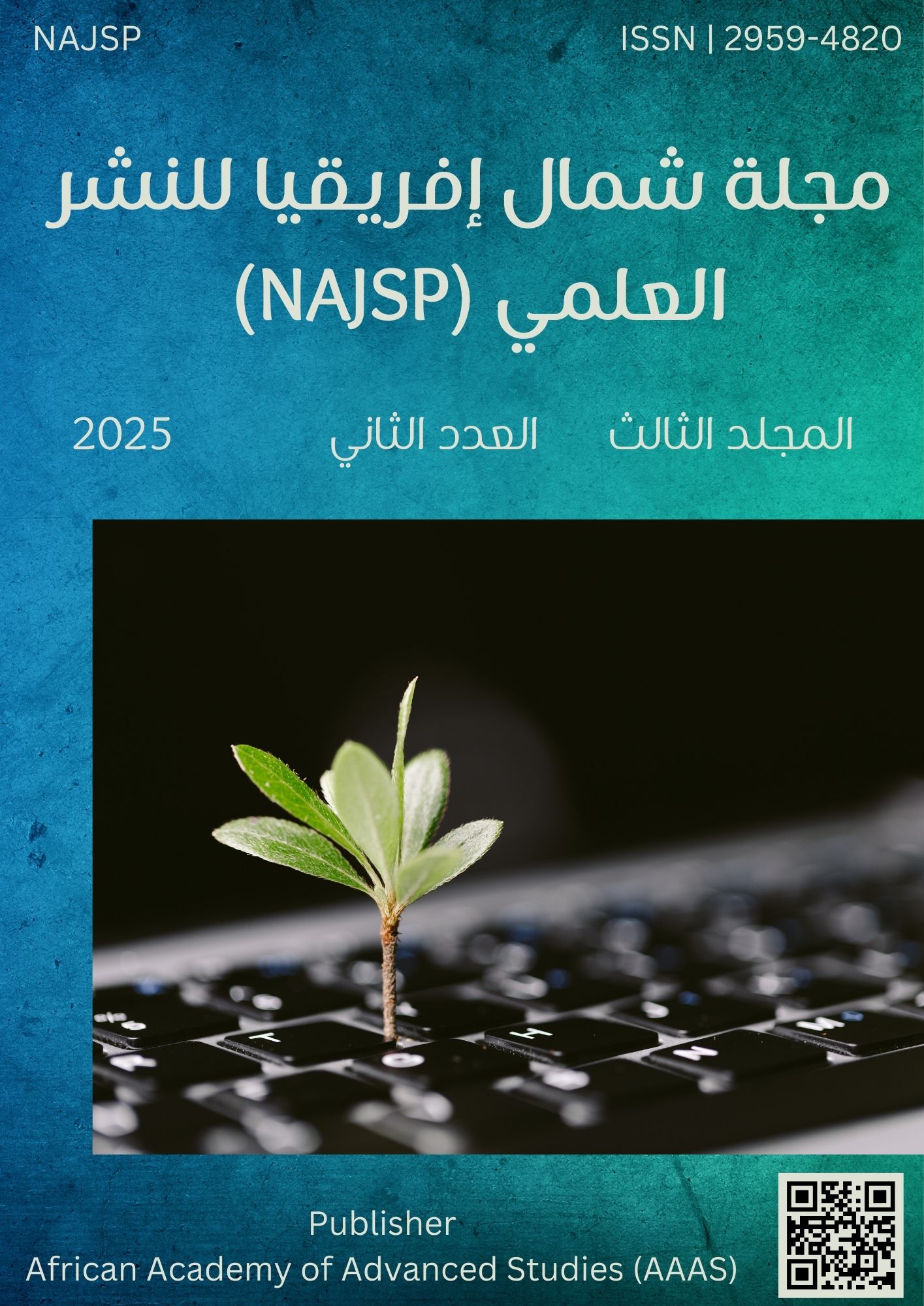Online Collaborative Learning among University Students in Mathematics Education during COVID-19
DOI:
https://doi.org/10.65414/najsp.v3i2.463Keywords:
Online Collaborative Learning, Mathematics Education, COVID-19 Lockdown, Digital Pedagogy, Higher EducationAbstract
The COVID-19 pandemic necessitated a sudden shift from face-to-face to online learning, significantly transforming the educational landscape, particularly in mathematics education, where collaboration and discourse are central to deep understanding. This study explores the experiences of university students in mathematics education as they engaged in online collaborative learning during the lockdown period. Utilizing a qualitative case study approach, data were collected through semi-structured interviews, online observation logs, and collaborative task artifacts involving third-year mathematics education majors. Thematic analysis revealed four key findings: the strategic use of digital platforms (e.g., Zoom, Google Docs, GeoGebra), the evolving nature of peer collaboration in virtual settings, the challenges related to digital access, engagement, and coordination, and the perceived benefits of flexibility, independence, and exposure to diverse problem-solving strategies. The results support theoretical models such as the Community of Inquiry and Vygotsky’s sociocultural theory, illustrating that meaningful collaboration and cognitive development are achievable in well-structured digital environments. The study offers practical recommendations for educators and institutions to design inclusive, interactive, and pedagogically sound online collaborative experiences in mathematics. It concludes with implications for future hybrid education and suggestions for continued research into digital mathematics learning.








